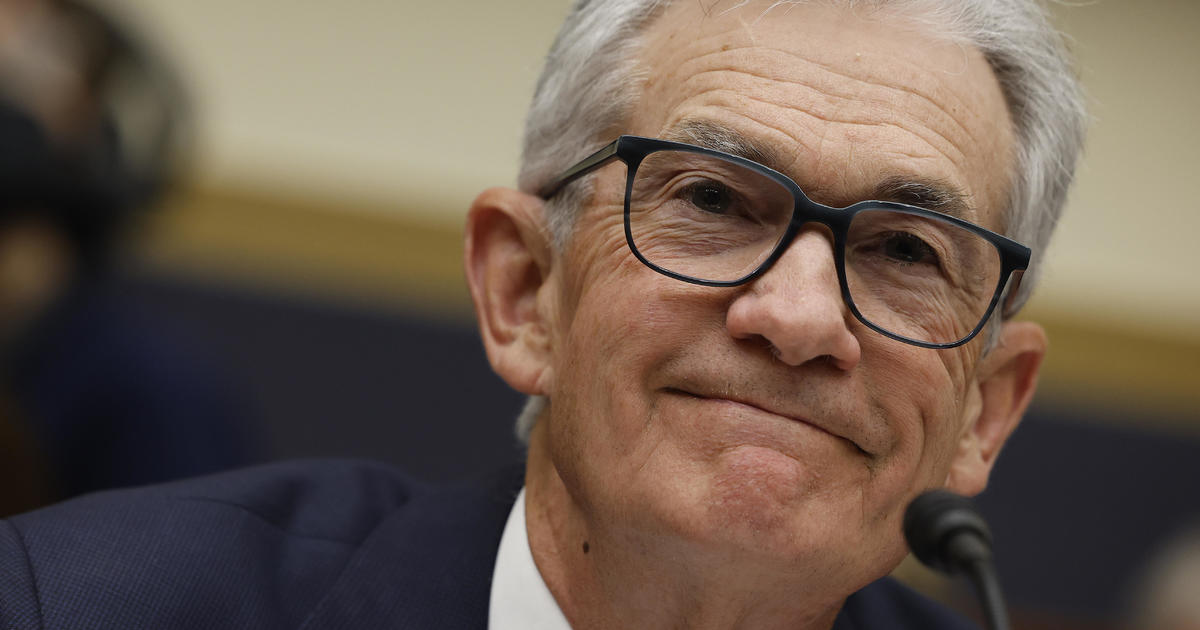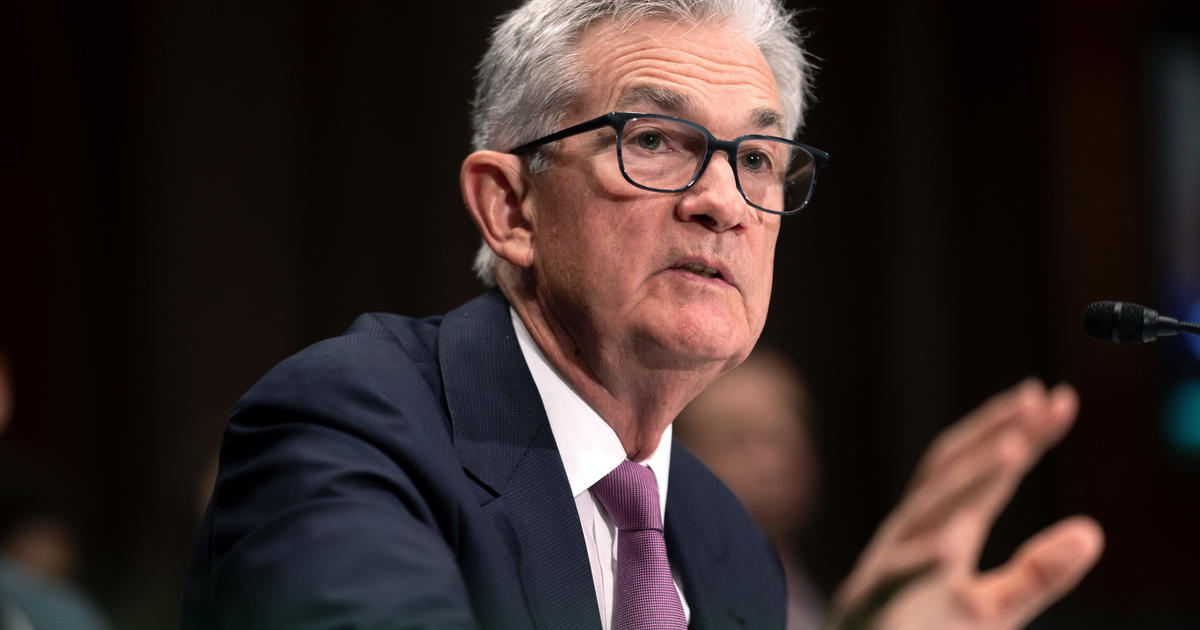World markets slip on renewed oil price worries
BEIJING - Chinese shares rose, but most other global markets retreated Monday as oil prices fell earlier before rebounding in early New York trading on unease about this week’s OPEC meeting to discuss possible output cuts.
After showing larger losses earliers, at around 8:10 a.m. Eastern, Germany’s DAX index lost 0.6 percent to 10,632 points, and France’s CAC-40 lost 0.5 percent to 4,526. London’s FTSE 100 declined 0.3 percent to 6,818.
On Friday, the FTSE 100 and CAC-40 each rose 0.2 percent, while the DAX gained 0.1 percent.
On Wall Street, futures for the Dow Jones industrial average and Standard & Poor’s 500 index were off 0.3 percent and 0.2 percent, respectively. On Friday, the Dow and the S&P both hit fresh highs, gaining 0.4 percent, while the Nasdaq composite added 0.3 percent.
Major oil producers meet Wednesday to discuss output cuts to shore up prices, but Iran and Iraq have failed to agree to a reduction, raising doubts over the Vienna meeting’s likely outcome. OPEC’s top producer, Saudi Arabia, has suggested it might be open to no output cut, departing from previous statements in a move analysts said makes an agreement less likely.
The Saudis also pulled out of a meeting with Russia and other large non-OPEC producers, leaving all decisions to the Vienna meeting.
The latest developments suggest “cartel members may fail to agree on production cuts,” Nicholas Teo of KGI said in a report. “This game of brinkmanship will continue to the very end.”
Teo said Donald Trump’s election as U.S. president could change market conditions due to his support for U.S. shale oil, which would add to global supply and to downward pressure on prices. “Still, it is one thing to believe in any cuts that may be announced, and another to expect the cartel members to actually conform to their quotas.”
China’s yuan rebounded from an eight-year low against the U.S. dollar after a central bank official said Beijing wants it to remain stable. The yuan’s exchange rate is based on a basket dominated by the American currency and has been dragged up by the dollar’s rise, while other developing country currencies have weakened.
On Monday, the middle point of the narrow band in which the yuan is allowed to fluctuate against the dollar rose by just over 0.1 percent to 6.9042 to the dollar. That came after Yi Gang, a deputy central bank governor, was quoted on the bank’s website as saying the yuan has “characteristics of a strong and stable currency” and was likely to “remain relatively stable at a reasonable and balanced level.”
In Asian trading, the Shanghai Composite Index gained 0.5 percent to 3,277, and Hong Kong’s Hang Seng index also advanced 0.5 percent to 22,831. Tokyo’s Nikkei 225 gave up 0.1 percent to 18,357, and Sydney’s S&P-ASX 200 retreated 0.8 percent to 5,464. Benchmarks in Manila and Jakarta also declined. Seoul’s Kospi added 0.2 percent to 1,978, and India’s Sensex rose 0.1 percent to 26,344.
Benchmark U.S. crude rose by 57 cents after falling earlier, to $46.63 per barrel in electronic trading on the New York Mercantile Exchange. The contract plunged $1.90 on Friday to close at $46.06. Brent crude, used to price international ois, earlier lost another 44 cents to $47.80 per barrel in London. It dropped $1.78 the previous session to $48.24.
The dollar declined to 112.05 yen from Friday’s 113.25. The euro gained to $1.0654 from $1.0593.



